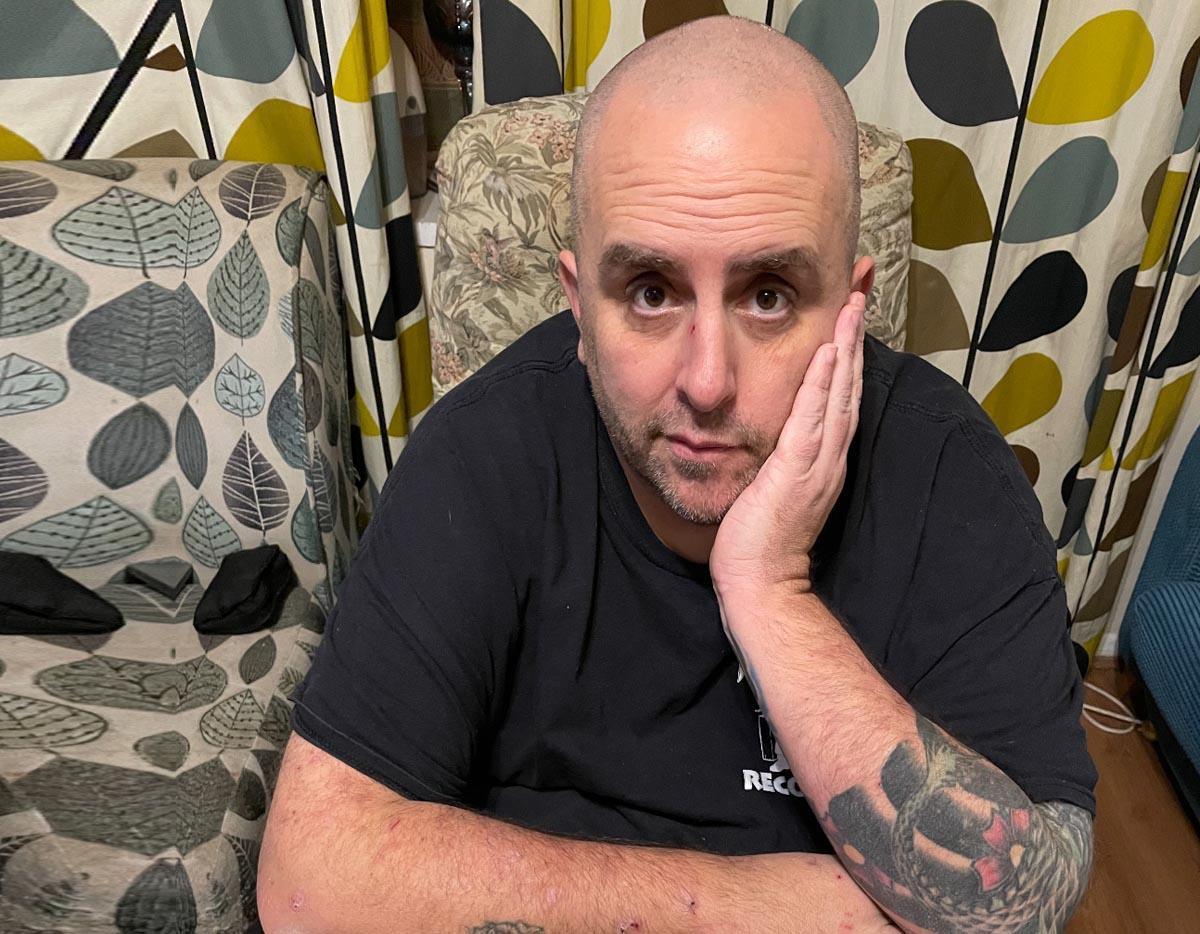Banbury stroke survivor’s fears as Recovery Service funding runs out
14/06/2024

No more cash for service which has supported 800 stroke survivors in the last year
A Banbury man is campaigning to save a service which supported him when he had a “catastrophic” stroke. Carl Vessey says it’s vital that the Stroke Association’s Oxfordshire Stroke Recovery Service continues its vital work supporting people to rebuild their lives after a stroke.
Despite the Stroke Association’s assertion that the Oxford University Hospitals Trust took responsibility for the Oxfordshire Stroke Recovery Service in April the Trust say its not a Trust “run or commissioned” service.
More than 800 stroke survivors were supported by the Oxfordshire Stroke Recovery Service in the county last year.
The service was initially funded as a twelve-month pilot from April 2023 by NHS England. An underspend last year has enabled the service to run on this year, but the Stroke Association has now been told that funding will end on 30 June.
The Oxford University Hospital’s Trust told Banbury FM the Oxfordshire Stroke Recovery Service wasn’t a Trust “run or commissioned” service. But the Stroke Association claim the Trust took responsibility for the service from the Buckinghamshire, Oxfordshire and Berkshire Integrated Care Board in April. We have asked the Oxford University Hospital’s Trust to clarify this but they have not responded to our request.
A spokesperson for the Integrated Care Board said: “BOB Integrated Care Board was awarded NHS England funding for a 12 month pilot project for a stroke recovery service to run in Oxfordshire from April 2023 to April 2024. We acknowledge the concerns of patients, but unfortunately, this funding was for a fixed period only and the pilot must finish at the end of June. The funding for the long-established Aphasia (communication) service provided by the Stroke Association remains in place and the service will continue uninterrupted.
“Throughout this pilot, we have engaged with the Stroke Association and our hospital Trusts to discuss longer term, sustainable provision and we will continue working together to develop equal access to stroke recovery services across our whole BOB area, although this will take time to resolve.”
Nick O’Donohue, the Stroke Association’s Associate Director for the South East, said: “The Trust has told us that they are reviewing support for stroke survivors in the area. National Clinical Guidelines clearly state that local areas should have an integrated community stroke service that includes life after stroke support.
“Stopping the service at this point would be disastrous for anyone who has had a stroke recently or who may have one in the coming months.
“We have been contacting the stroke survivors and families we currently support and they’re extremely worried about how they will cope.
“Stroke survivors say they feel very well looked after in hospital but when they come home it can feel like they have been abandoned into an uncertain future.
“Leaving hospital after a stroke is a frightening time because so much has changed, they may have multiple disabilities, and they will have lots of questions.
“The personal service that we provide is designed to ease that transition, support the stroke survivor and their family, and reduce the risk of readmission to hospital.
“Our role is to help people regain their confidence and independence, so they’re able to rebuild their life after stroke.”
For stroke survivors like Mr Vessey the situation is concerning. He said: “Having a stroke was, for me, catastrophic. Overnight, my life changed forever. I have had three strokes, my last being in October last year. I have been left with low mood, memory problems, anxiety, and a degree of mobility problems.
“The possibility that the support I received from the Stroke Association may be ending, fills me with a great deal of worry and trepidation – not just for myself but other people in need too.
“I can honestly say that without help from the Stroke Association, I wouldn’t be able to go out, socialise or anything like that if I didn’t have their support.
“The Stroke Association has been a beacon of hope, helping me, my family & my work to understand my stroke, and how to manage its effects.”
A campaign to save the service has been launched here.
Published: by the Banbury FM News Team
